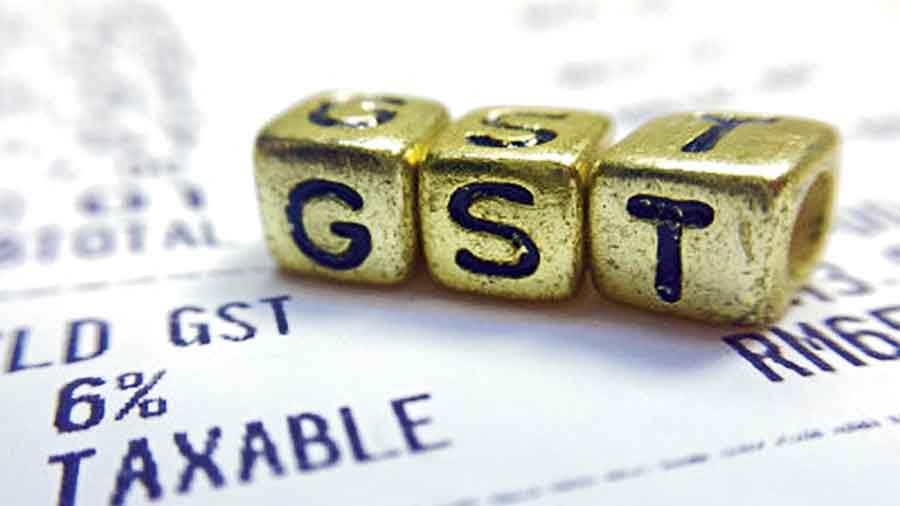Under fire for imposing GST on essentials such as packaged rice and pulses, the Centre on Tuesday tried to shrug off the blame by alleging that many finance ministers from Opposition-ruled states were party to the decision.
In the Rajya Sabha, BJP MP Sushil Modi wanted to know whether the finance ministers of AAP-ruled Delhi, Congress-ruled Rajasthan and Trinamul Congress-ruled West Bengal were part of the Group of Ministers (GoM) of the GST Council that recommended tax on packaged rice, pulses, curd and butter-milk. Did they support or oppose the move, he asked.
“Did they submit a dissent note or oppose it in the meeting?” the BJP leader asked.
Junior finance minister Pankaj Chaudhury listed the members of the GoM set up at the 45th GST Council meeting to look into the tax rates of these products: Karnataka chief minister, the finance ministers of Bihar, Kerala, Uttar Pradesh and Bengal and ministers representing Goa and Rajasthan.
“This makes it clear that representatives of Kerala, Rajasthan and Bengal were in the decision-making process. “Decisions in the GoM are taken unanimously, and all of them were part of the decision-making,’’ Chaudhary added.
The minister left unanswered the question whether the Opposition representatives had objected to move or submitted any dissent note.
Kerala finance minister K.N. Balagopal later told The Telegraph that he had submitted a letter in November to the chairman of the GoM and Karnataka chief minister, Basavaraj Bommai, that such changes should not be made without a detailed study given the impact it would have on the common people.
According to him, the finance ministers of Rajasthan and Bengal had also objected.
Bengal minister Chandrima Bhattacharya had told reporters in Nabanna early last week that she had opposed the decision in the meeting.
At the July 21 rally in Calcutta, Bengal chief minister Mamata Banerjee had targeted the Centre for imposing GST on daily use items, saying: "GST on muri?"
The decision to tax these products, taken by the GST Council, headed by Union finance minister Nirmala Sitharaman, came into effect on July 18. The Opposition has been up in arms since, demanding a discussion on how items of daily consumption such as rice and curd and muri have been taxed.
The government has so far not agreed to a discussion, saying it has to wait till Sitharaman recovers from Covid and attends Parliament.
After Finance Minister Nirmala Sitharaman posted a Twitter thread on July 19 claiming that all states including non-BJP states had backed the five per cent GST on mass consumption items when sold in packaged format in the GST Council to address the issue of tax leakage, Congress spokesperson Supriya Shrinate had responded: ``FM @nsitharaman ji, GST on essential items and food is draconian. Period. Your 14 tweet-thread can’t mask this truth. GST Council is recommendatory, why did you agree to the tax? Please stop blaming the states.










